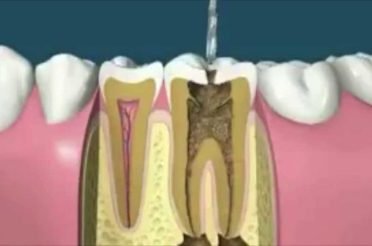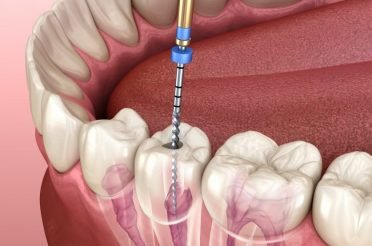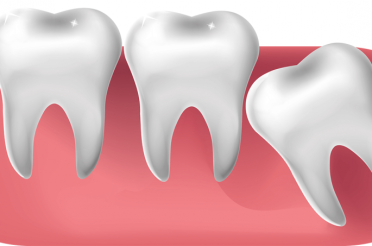What is the Most Advanced Treatment for Varicose Veins?

Suppose you suffer from varicose veins or immeasurable pain in your blood vessels. In that case, they’re more easily treated than in the past.
What Causes Varicose Veins?
Studies have shown that varicose veins are unwanted body art that can cause due to weak vein valves. Sometimes hormones also play a part during menopause or routine menstrual cycles. These can weaken vein valves and resist leg blood circulation.
During pregnancy, due to an increase in the volume of blood flow, the mother circulates the blood and makes veins bulge. Sitting for hours with a full uterus through the thigh restricts the entire circulation of blood and does not help blood return to your heart. Ageing, obesity, or prolonged standing position can cause leg varicose veins. Do Spider Veins Come Back After Laser Treatment?
Diagnosis and Treatment
What is the latest treatment for varicose veins? Do not worry if you had a bad experience with varicose veins. If you had a person treated with varicose veins and the treatment sounds worst, times and technologies are changing. Doctors use duplex ultrasound to scan and analyze the circulatory system of your legs.
Doppler device
Instead of listening to your blood flow with the help of 2D navigator pictures, a doppler device is trying to find affected veins and injured areas.
Duplex ultrasound
Doctors use duplex ultrasounds repetitively to check the health of veins, those suffering from varicose veins, pain, or swelling in their legs. Dentists often use them to search for blood clots in your leg veins. Blood clots are dangerous; if they may travel to your lungs or your heart, they sometimes potentially can cause death.
Earlier, the surgeon inserts a flexible metal rod into the veins at the groin level, passes through the veins, and takes it out from your legs; this procedure involves cleaning your veins and removing blood clots if any. Also, the wormy mass is not visible after this procedure.
This procedure was a little hazardous and complex. Still, nowadays, doctors use a thin catheter to insert into an affected vein, and other veins called the lumen and simultaneously hear with radio waves. These radio waves will help to shrink the tough collagen and re-absorbs.
Doctors use both local and general anesthesia, mixed with another fluid, according to the severity of the case and to make the procedure painless. At the same time, doctors press the blood out of the veins, which may take up to eight weeks to re-absorb.
Laser Procedure
This is one of the most hi-tech techniques and involves a burst of concentrated light into your vein to collapse it. When the laser touches the skin, there is a slight irritation or discomfort. Still, your doctors quickly apply some coolant to the site.
Sclerotherapy
An agent or substance like detergent or emulsifier forms foam when agitated with air and water. The doctor inserts foam into the injured vein, gradually stick and swells together, and closes the vein. However, surgeons use sclerotherapy for spider veins because varicose veins are larger vessels and require more aggressive and invasive therapy.







